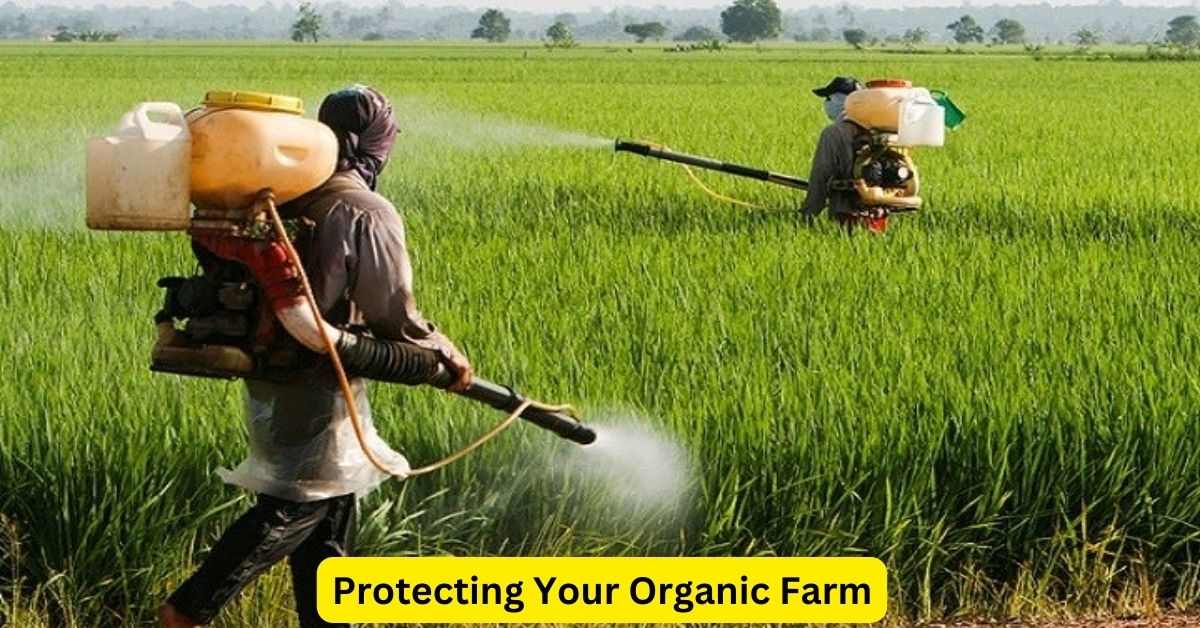Organic farming is a rewarding endeavor, promoting sustainability and healthy living. However, as with any agricultural business, organic farms face numerous risks, from natural disasters and pest invasions to market fluctuations and liability issues. Insurance for organic farms is essential to safeguard your investment and ensure the long-term viability of your operations. Here’s a guide to the key insurance types you should consider as an organic farmer.
1. Crop Insurance
Crop insurance is one of the most crucial types of coverage for organic farmers. Unlike conventional farming, organic farming often involves higher costs and different practices that can make it more susceptible to certain risks. Crop insurance can help protect against losses due to natural disasters like droughts, floods, and pests, ensuring that your investment in seeds, labor, and cultivation is not in vain.
Two primary types of crop insurance exist: yield-based and revenue-based. Yield-based insurance covers losses related to the volume of your harvest, while revenue-based insurance protects against income loss due to price drops in the organic market. Many policies can be tailored to meet the unique needs of your organic crops, ensuring you’re adequately protected.
2. Farm Liability Insurance
Farm liability insurance is another critical aspect of protecting your organic farm. This coverage helps shield your business from legal claims that may arise if someone is injured on your property or if your products cause harm to consumers. Given the growing popularity of farm-to-table dining and organic produce, ensuring your farm is protected against potential lawsuits is essential.
General liability insurance can cover medical expenses, legal fees, and settlements, safeguarding your financial stability. Additionally, consider product liability insurance if you sell organic produce directly to consumers or retailers, as it can protect against claims related to food safety and contamination.
3. Property Insurance
Protecting your farm’s physical assets is just as crucial as safeguarding your crops and liability. Property insurance can cover damages to buildings, equipment, and other infrastructure resulting from fires, storms, theft, or vandalism. Organic farms often require specialized equipment and structures, which can be costly to replace or repair, making this coverage essential.
Consider policies that cover not only buildings and machinery but also greenhouses, irrigation systems, and other critical components of your operation. An all-encompassing property insurance policy can provide peace of mind, knowing that your valuable assets are protected against unexpected events.
4. Livestock Insurance
If your organic farm includes livestock, you should also consider livestock insurance. This type of coverage can protect against losses due to disease, theft, or natural disasters, ensuring that your investment in animals is safeguarded. Tailored policies can cover everything from cattle and poultry to bees and aquaculture, depending on your farm’s specific needs.
Conclusion
In conclusion, comprehensive insurance coverage is vital for organic farmers to mitigate risks and protect their investments. By investing in crop, liability, property, and livestock insurance, you can focus on what you do best: growing healthy, sustainable food while ensuring the longevity and success of your organic farming business. Always consult with insurance professionals to tailor policies that best suit your unique needs and challenges as an organic farmer.

